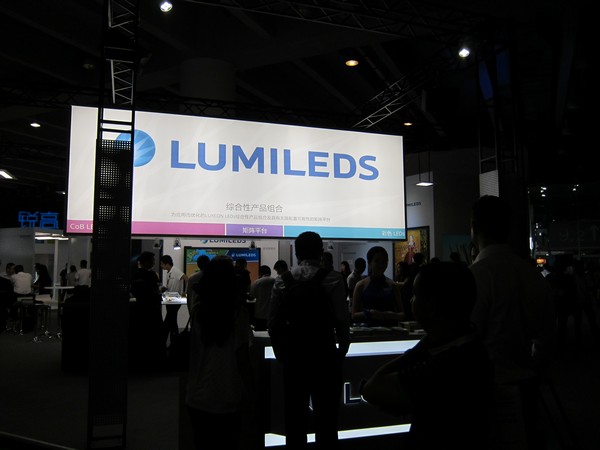(Author: Judy Lin, Chief Editor, LEDinside)
Royal Philips concluded its LED component business sale after the takeover was delayed for nearly one year, due to national security concerns raised by The Committee on Foreign Investment in the United States (CFIUs) earlier in January this year.
“Apollo Global Management acquisition of Lumileds will have a direct impact on Philips Lighting’s IPO as well,” said Roger Chu, Director of Research Department, LEDinside. “By spinning off Lumileds, Philips Lighting can use the cash from the sales to support Philips Lighting’s IPO issuance, thus separating its lighting system and luminaire business from its LED component and automotive lighting. This strategy could generate higher profits and better sales price.”
Moreover, the sale of Lumileds to a U.S. investor will change how rivals such as Osram and Cree will compete commercially.
“Intensifying competition from Chinese manufacturers has urged Lumileds to outsource most of its LED chip and ocmponent production to Taiwanese, Korean and Japanese manufacturers to lower costs,” said Chu. “We forecast more Asian companies will approach Lumileds for future OEM or technology partnerships, hence generating new revenues for the San Jose-based LED business and its investors.”
 |
|
Visitors gather at a Lumileds booth during a lighting show. (LEDinside) |
U.S. national security concerns drives down Lumileds final sales price by US $1.3 billion
U.S. government intervention hurt Lumileds final bidding price, wiping US $1.3 billion from the initial Chinese investor Go Scale Capital offer of US $3.3 billion. CFIUS blocked the acquisition business transaction over confidential national security concerns, which led Philips on a long search to find a new buyer for its component business.
The final offer from Apollo Global Management to acquire 80.1% stake in the LED component maker was US $ 2 billion, following deductions from losses incurred Philips Lighting will be raking in US $1.5 billion from the sealed acquisition deal.
It remains unclear in the industry what products in Lumileds lineup triggered CFIUS to issue a national security alert.
“Lumileds is mostly a LED chip and component manufacturer for lighting applications, a supplier of flash LEDs in iPhones and a top manufacturer of LEDs for automotive headlights,” said Roger Chu, Director of Research Department at LEDinside. “Compared to other CFIUS halted acquisitions, the correlation between product portfolio and national security concerns is less clear.”
It would not have been surprising if CFIUS raised the red flag when Cree expressed desire to sell off its power device business Wolfspeed and even its LED lighting business, since the company manufactures silicon carbide (SiC) power devices that are found in U.S. air force applications.
The called off deal between Aixtron and Chinese investor Grand Chip Investment was made last month, since the German equipment manufacturers MOCVDs could be used to make laser devices and even Gallium Nitride (GaN) wafer products for U.S. Patriot missile applications.
Lumileds, who also holds key patents in the LED industry, does not have visible products that are directly related to national security.
However, it is the world’s second largest LED supplier for automotive headlight products, where it has been particularly successful and profitable over the last few years. Together with competitor Osram, it has a distinctive advantage in the very profitable OEM automotive lighting market where many Asian LED companies, especially Chinese competitors are still struggling to enter.
Perhaps, it is the automotive lighting patents and advantages that CFIUS is trying to guard from stoked Chinese investors, such as Go Scale Capital. Yet, what can be confirmed is U.S. government’s intervention in domestic and international company sales will probably continue throughout 2017, especially following the inauguration of new U.S President Donald Trump next January as he promotes trade protectionism strategies against “unfair Chinese practices.”











